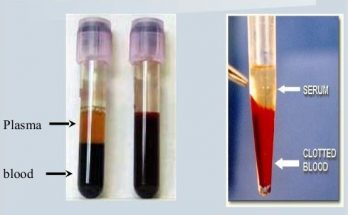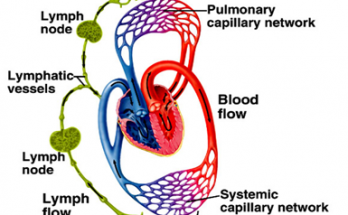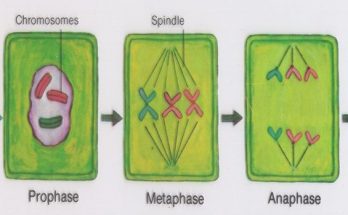
22 Differences Between Plasma and Serum
Plasma and serum are the two distinct components of blood that vary in definition, composition, and properties. Plasma comprises electrolytes, proteins, enzymes, hormones, metabolites, and clotting factors while serum is devoid of clotting factors. Both require different preparation methods, have clinical significance in disease diagnosis and treatment, and can be used for various purposes such as biomarker analysis, blood transfusions, and research studies. diffrence between plasma and serum explained for students to complete their assignments , homework and exams
22 Differences Between Plasma and Serum Read More
